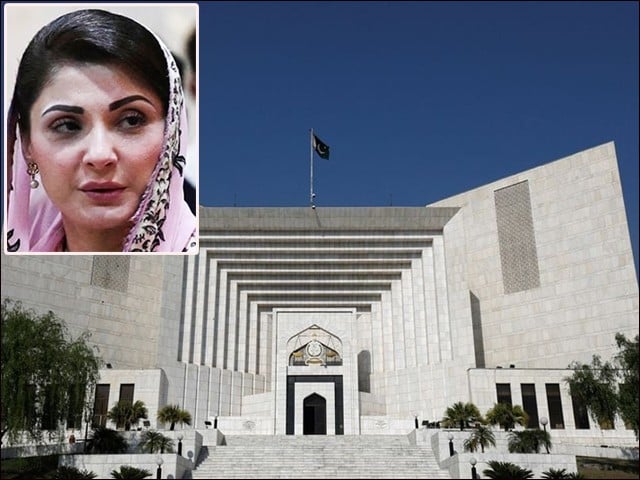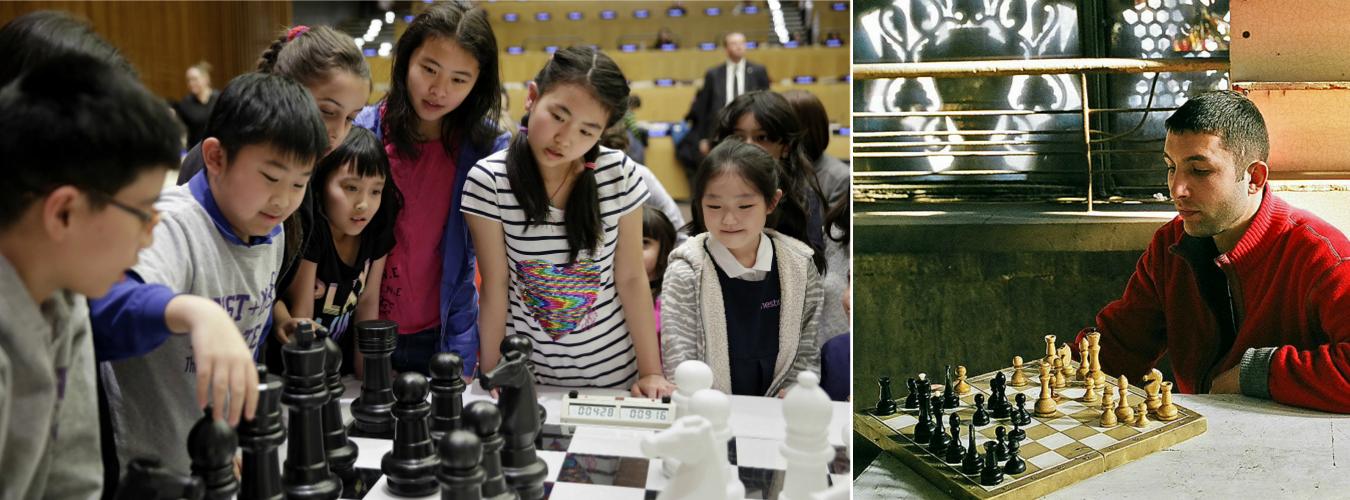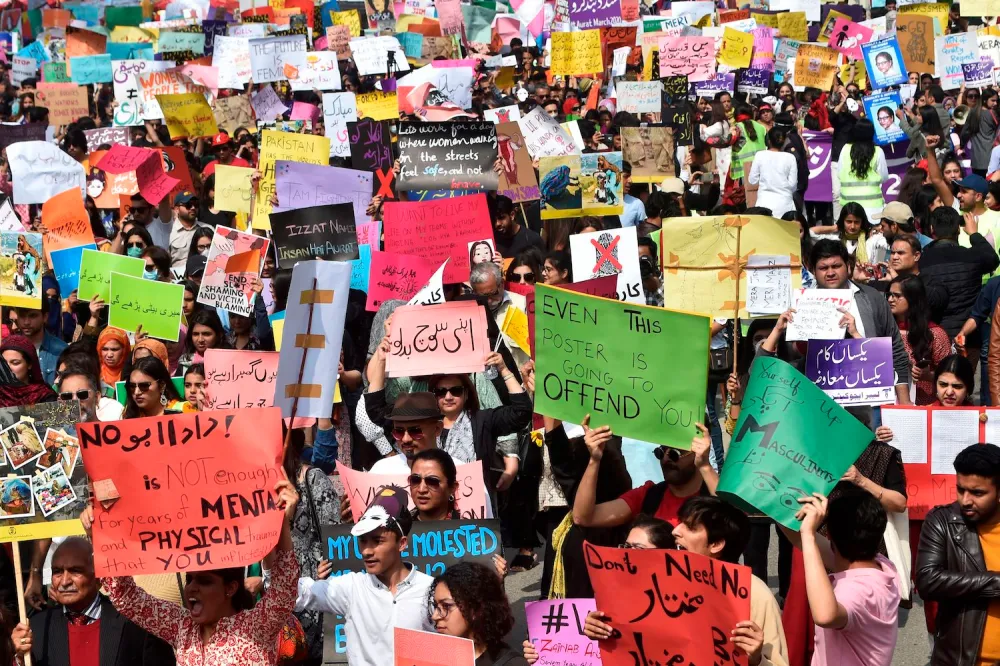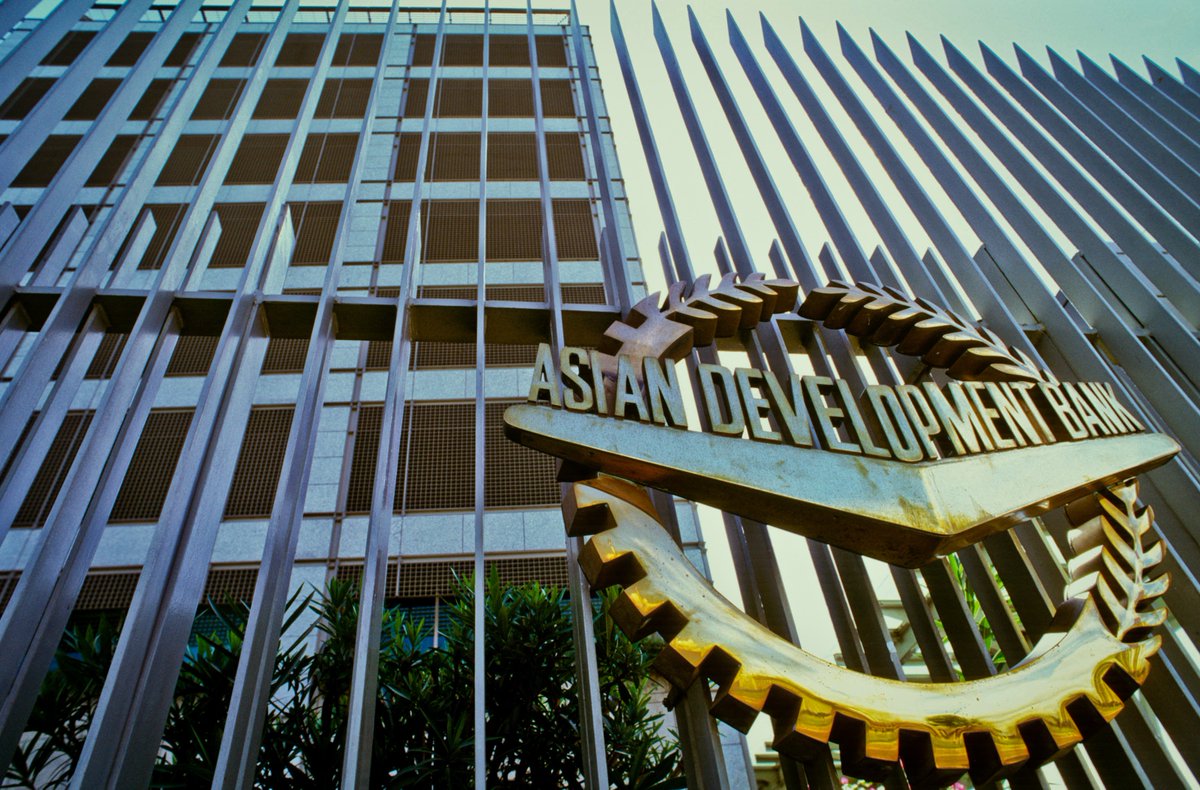Ammar Saleem
Education is a prerequisite for the development and advancement of countries. Governments prefer to invest in education because it fosters a sense of good citizenship, cultivates space for innovation, and accelerates human growth and capital. It is the fundamental right of citizens to get quality education sponsored by the state. Efficiency in education provision can only be achieved when the state imparts it without any discrimination. Education incentivizes individuals with skills and learning that certify productivity and enhanced capacity to perform their assigned roles. Human Capital Theory asserts that investment in education yields higher returns than investment in physical capital. Investment is not only about injecting funds into the existing flawed structure of education; instead, it is about revisiting unproductive policies that exacerbate the size of persisting problems. It is in the state’s best interest for the education sector to distribute monetary and policy attention to ensure citizens’ welfare. Through a vibrant public education system, the state can provide compulsory education to every child.
According to the report presented by Education Finance Watch in 2023, developed countries spend 1/10th of their expenditures on education.
These countries consider education to be an investment. Through investment in education, they empower individuals with knowledge that guides them in their decisions and actions. Through education, an informed citizenry is built, and people consider themselves an asset to their nation. Uneducated people are a liability for states as they are more prone to be involved in criminal activities. Education expands the horizon of choices for individuals, thereby acting as a pathway to prosperity.
Investment in education is fruitless if the standards of public educational institutes are not improved and desired outcomes are not achieved. Comprehensive planning and unfettered commitment to achieving development goals make the investment process a rigorous activity for officials and stakeholders. Revamping education needs serious attention because it sets the vision of any country. Merely increasing the share of education in GDP does not relieve leaders from fulfilling their responsibility of making education accessible to every citizen.
Education needs to be immune from abrupt policy changes, like what usually happens in Pakistan, where successive governments, without doing any groundwork, implement irrelevant and outdated educational policies that neither favour social well-being nor bring monetary benefits. Investment in education through proper oversight and supervision will result in reduced crime rates, balanced population growth, a healthier environment, enhanced literacy and a lower poverty rate. To materialize the advantages of investment in education, governments build professional teams comprising technocrats to provide orientation of educational plans and their means for actualization. The impacts of investment in education can be observed on both the individual and the national levels. Countries that focus on rectifying primary, secondary, and higher education participate more in scientific progress, and they have made convincing contributions by winning Nobel Prizes in biology, chemistry, and physics.
Investment in education is akin to intensifying technology-based competition, building social cohesion and stirring economic growth. Globally, multifaceted transformations are occurring rapidly, necessitating countries to become self-reliant. Especially in countries with a significant chunk of the population based on youth, it has become the need of the hour to invest in human capital to survive and adapt to sudden shocks in the labour market. Education is also recognized as a passage for achieving peace and stability. Therefore, investing in education will steer countries towards attaining autonomy of decision-making in international events. Education is the customized aggregate of culture, values, traditions and history. Investment in education translates dreams into reality by depicting local values on the global stage. Investment should extend beyond traditional schooling and focus on opening new frontiers that foster and encourage workforce development.
Investing in education is also essential for establishing open societies that accept diversity and preventing extremism and radicalization. Education as a resource, if deployed unequally, causes further alienation of marginalized segments of society. If quality education is concentrated in particular sections, youth will become frustrated upon not getting promising employment opportunities. The gap in equal distribution of quality education would render society exposed to conflicts and other negative repercussions. Investment in education is essential to cope with the shortfall of quality education.
Moreover, the purpose of investing in education cannot be achieved unless it is inclusive. Women and girls are permanently deprived of receiving equal opportunities for education in developing countries, due to which they remain vulnerable to domestic violence, child labour and social victimization. For investment in women’s education, gender-sensitive policies are pivotal for ensuring equitable allocation of resources. The fact that girls are 2.5 times more likely to remain out of school than boys compels policymakers to regulate the process of financial transactions to meet specific targets. When women are empowered through education, they will perform authoritative roles in decision-making, standing equal to men. Education of women guarantees stability by reducing the possibility of conflicts. When women participate in decision-making, there is a higher likelihood of peaceful settlements, resulting in lasting peace and durability of agreements. Bangladesh stands as a beacon of empowering women and girls through education. They introduced successful educational initiatives that increased school enrollment from 41% in 1998 to 72% in 2018.
To sum up, education will remain a cardinal point in the progress of nations. It will continue to drift societies through innovation and strengthening of social cohesion. However, education needs investment to stay relevant in an unprecedented digitalization-driven race. Education needs investment to make humans realize their potential and fulfil the obligation of making this world a habitable place for every person to strive and excel.
Please, subscribe to the YouTube channel of republicpolicy.com

















































